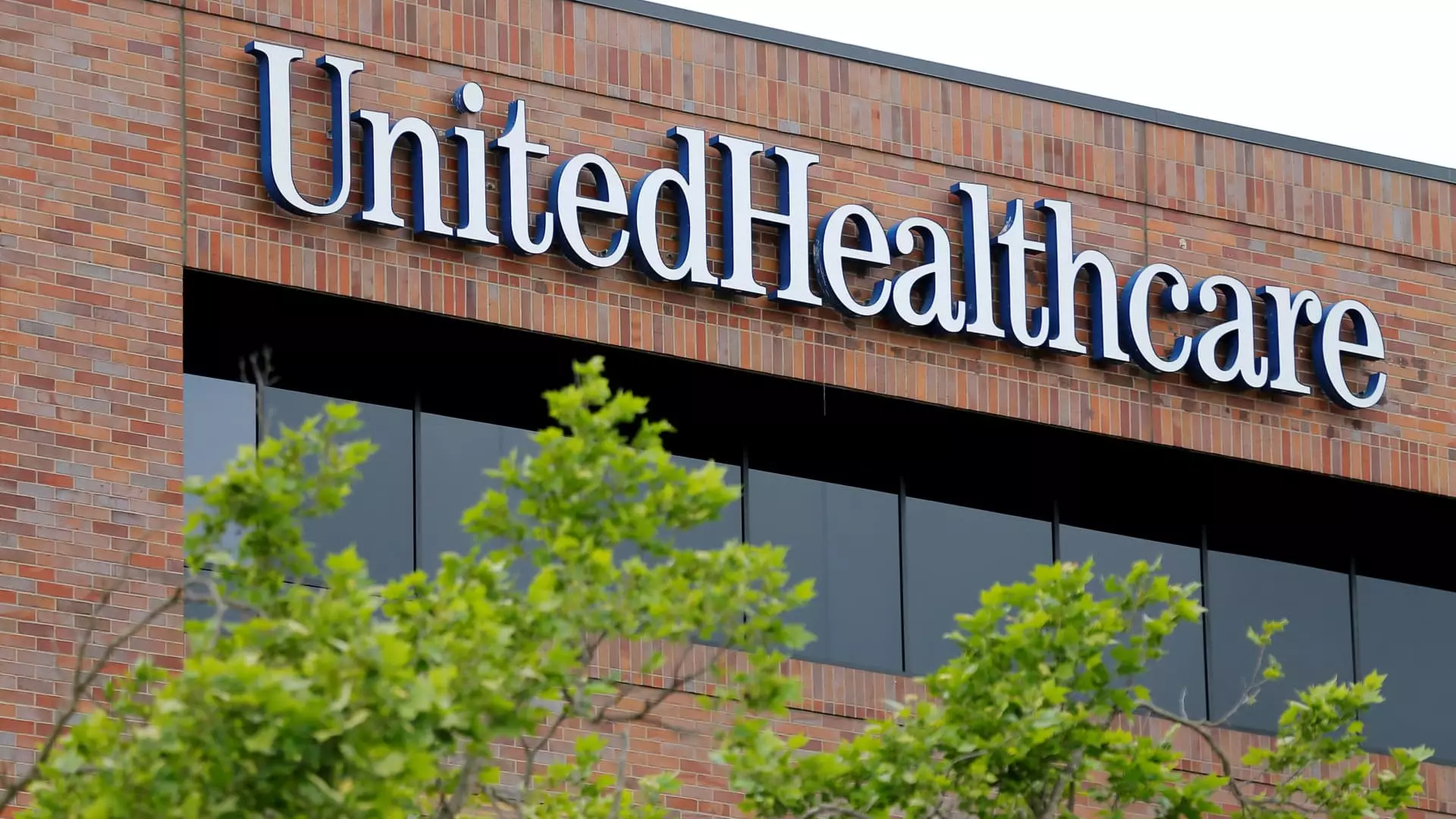UnitedHealthcare, a significant player in the U.S. insurance landscape, is currently navigating a complex web of challenges that threaten its reputation, financial stability, and operational integrity. From governmental scrutiny over billing practices to internal restructuring efforts and public disputes with influential investors, the stakes are high for this insurance giant. This article delves into the multifaceted issues currently surrounding UnitedHealthcare and explores the potential implications for the company, its stakeholders, and the broader healthcare industry.
At the forefront of UnitedHealthcare’s challenges is a civil fraud investigation initiated by the Department of Justice focused on the company’s billing practices concerning Medicare Advantage plans. Reports indicate that investigators are examining whether UnitedHealthcare inflated diagnoses to secure additional payments from Medicare. These allegations, which echo previous claims regarding the company receiving substantial funds for questionable diagnoses, could pose serious legal and financial consequences. A well-respected publication, The Wall Street Journal, has highlighted that Medicare reimburses insurers like UnitedHealthcare at a fixed rate based on patient diagnostics, raising concerns that unethical practices may be inflating costs and undermining the integrity of the Medicare program.
In the face of these allegations, UnitedHealthcare has vehemently denied any wrongdoing, labeling the media reports as “misinformation.” The company asserts that it adheres to rigorous standards in compliance reviews, claiming that any implications of fraud are unfounded. This defensive posture reflects the high stakes involved; with UnitedHealth Group being the largest healthcare conglomerate in the U.S. and a market capitalization exceeding $420 billion, any potential shift in public perception could significantly impact its valuation.
Compounding the external pressures from investigations is the internal turbulence within UnitedHealthcare. Recent decisions to offer buyouts to employees and the possibility of layoffs expose a company grappling with its financial landscape amid rising operational costs. In recent years, heightened medical costs within the insurance sector have prompted insurers like UnitedHealthcare to seek efficiencies, leveraging technology as a means to cut costs. However, such strategies may lead to morale challenges, potential loss of institutional knowledge, and public relations issues if not handled with care.
The decision to pursue layoffs as a contingency plan follows troubling reports of dwindling stock prices, which have dropped approximately 23% in three months. The stock market’s reaction to the financial strategies employed by UnitedHealthcare demonstrates the delicate balance these companies must maintain between cost-cutting measures and maintaining employee satisfaction and public trust.
Adding another layer of complexity to UnitedHealthcare’s current situation is the public clash with billionaire investor Bill Ackman. A notable figure in the investment community, Ackman has committed to covering legal fees for a Texas doctor embroiled in a dispute with UnitedHealth Group. His involvement amplifies the concerns surrounding the insurer’s practices and raises pertinent questions about profitability and care denial. Ackman’s earlier public comments called for scrutiny from federal regulators, reiterating that the profitability of UnitedHealthcare may be exaggerated due to its reported denial of medically necessary procedures.
This friction highlights the broader discontent within the healthcare community regarding insurance practices, particularly concerning decision-making around patient care. Following the highly publicized death of UnitedHealthcare’s CEO, who was involved in intense scrutiny and criticism for the company’s policies, it has become increasingly essential for UnitedHealth to mend its relationship with healthcare professionals and patients alike.
On top of all these mounting issues, UnitedHealthcare is still reeling from a significant cybersecurity breach that impacted its subsidiary, Change Healthcare. This incident compromised the health information of approximately 190 million individuals and imposed over $3 billion in costs to affected providers. While the company claims that it became aware of the breach a year ago, the longer-term impacts on trust and security in their operations are yet to be fully assessed. The incident underlines the risks that modern healthcare companies face in a landscape increasingly vulnerable to cyber threats.
UnitedHealthcare stands at a critical juncture, facing scrutiny from multiple fronts. The investigations into its billing practices, internal restructuring efforts, and high-profile public disputes collectively pose significant challenges to the company’s long-term viability. As competition in the healthcare sector intensifies and regulatory pressures escalate, how UnitedHealthcare manages these multifaceted issues will be crucial in determining not only its financial stability but also its reputation as a provider of patient-centered care. The coming months will undoubtedly be pivotal for UnitedHealthcare as it navigates its way through these increasingly complex challenges.

